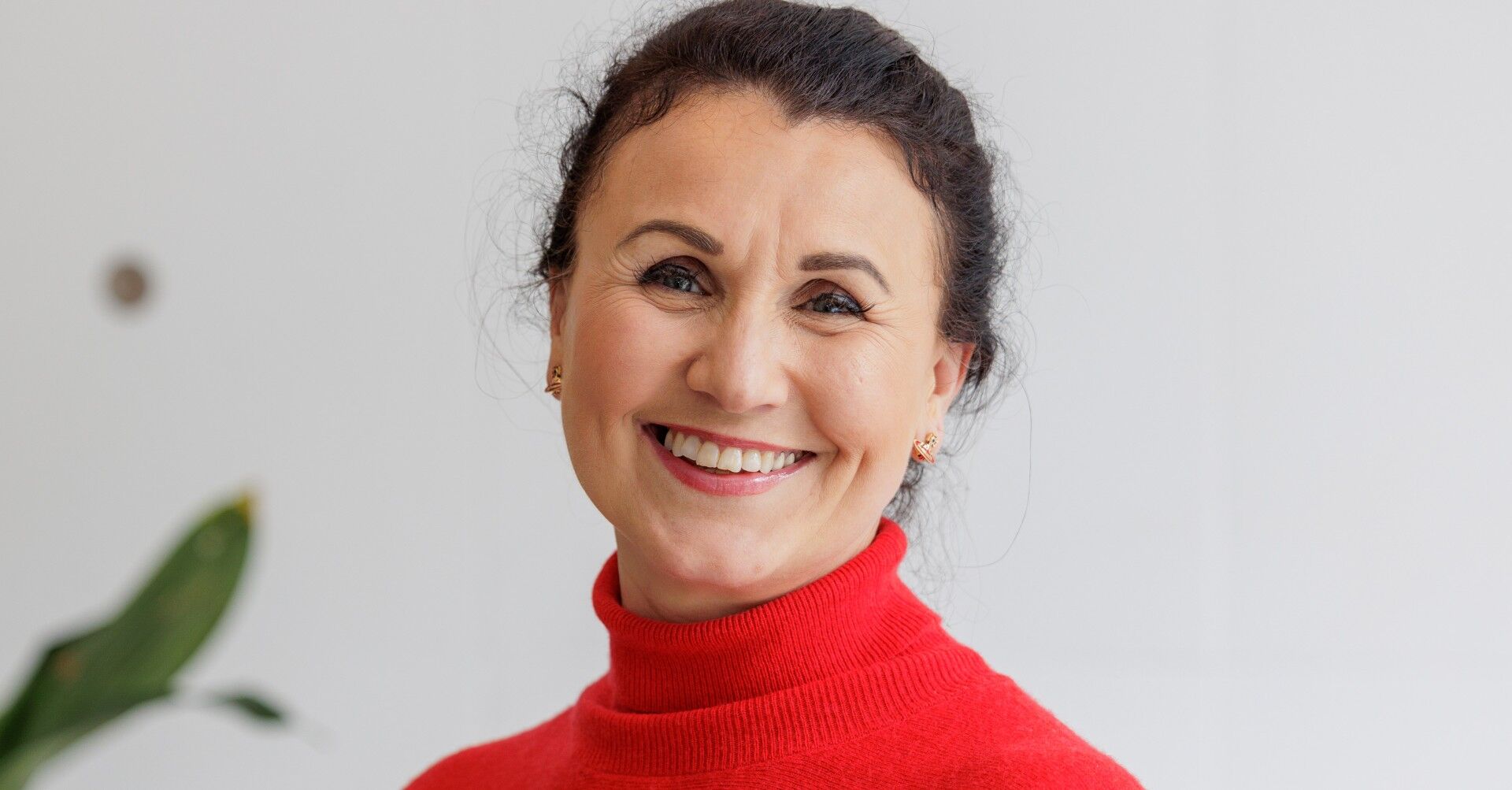Mona Johnson, Clinical Lead for Self-care and Prevention at NHS Digital, discusses how apps and wearables are transforming nursing, and the ability for patients to monitor themselves, and how an NHS Apps Library will help pick out the ones that work and are safe
The health apps market is among the fastest growing of any sector. There are already around 250,000 apps that cater for health and wellbeing and use of them in the UK is skyrocketing. Digital technologies offer people – patients and clinicians – opportunities to engage with health and well-being management in exciting new ways.
Whether through wearable devices that track activity and sleep, or with medical devices that help people with diabetes manage their blood sugar, people have never before had such opportunities to take a greater role in determining their own health and well-being. These opportunities are not without risk, with clinicians playing an important role in discussions about apps or wearables with the patients that they care for.
Some of the challenges faced by patients and clinicians (who have a duty of care) will be how to know the claims of an app are legitimate, real and appropriate for an individual’s needs? How will a patient know that an app has been checked? Can clinicians incorporate such digital experiences into care pathways? How can they meaningfully interpret the information stored in a patient’s app, or transmitted from their wearable device? Although clinicians are well versed in prescribing medicines or following treatment guidelines, how can they critically appraise or recommend apps to their patients? Where is the trusted source of truth on these matters?
Trusted library
Just as NHS Digital is the home of the trusted Health Information site, NHS Choices it is currently developing a trusted library of digital tools and services: The NHS Apps Library. Indeed, this library is in beta-testing at the time of writing.
Working with partners such as NHS England, NICE, CQC, MHRA, and app developers, NHS Digital is in the process of developing a review process through which apps, and later wearable devices, may be published as “approved” in the NHS Apps Library where compliance with the NHS’s digital standard has been achieved, and evidence of effectiveness is available. This repository will provide a trusted resource for the public, clinicians and commissioners.
Assessment: how to meet the approval standards
NHS Digital is supporting NHS England to consider a structured process to prioritise which apps should be reviewed and in what order. This is based on health needs, research and outcomes. It is working with partners, such as NICE and PHE to provide a structured assessment of apps.
As the assessment process matures, and as we learn from its iterative design, certain elements of the assessment may become automated. This will allow the library to increase its ‘stock’. Meaning that, over time, it will be increasingly likely that people will find exactly what they are looking for. Where there is a gap – a condition or circumstance that isn’t catered for – the “developer” space may even offer an environment for commissioners or clinicians to directly interface with developers to set out their requirements.
NHS Digital has created a mobile health space for app developers to sit alongside the Apps Library; developer.nhs.uk. This area provides information and support about the standards, testing and assurance process that developers need to adhere to in order to “play” in the NHS. Failure to adhere to these standards around safety, security and information governance, will exclude products or concepts from approval and the “NHS approved” badge.
Using data intelligently
Apps could allow patients to take greater control of their own healthcare, provide structured information or feedback to clinicians, or allow a means of interacting with services in a novel and more convenient way. But at the back end, the datasets that are generated could be of great value to the NHS, in terms of helping individuals, and planning services for whole communities.
We are all familiar with search engines that predict our search terms and shopping sites that predict our wants and needs. Using similar technology, it may be possible for systems embedded in devices, clinical systems or apps to be developed to respond to changes in clinical indicators, and to adjust accordingly. This already happens in all sorts of sectors. For example, a sat-nav app’s primary purpose is to help its users get from A to B. But by collecting users’ data it can then show traffic jams – helpful for users collectively and valuable for traffic management agencies working to eradicate bottlenecks.
In this way, people whose data is stored or processed using apps may offered the opportunity to ‘donate’ their data, just as is currently a standard practice in other clinical areas such as genetic screening, oncology or IVF. The NHS may be able to use that donated data to inform what we do, and indeed what interventions are effective, on a scale not previously possible.
By assessing, vetting and accrediting apps, NHS Digital will help ensure that patients are signposted towards the safest products and that staff and commissioners may feel confident in recommending their use. This requires our apps library to become part of a properly integrated digital NHS.








